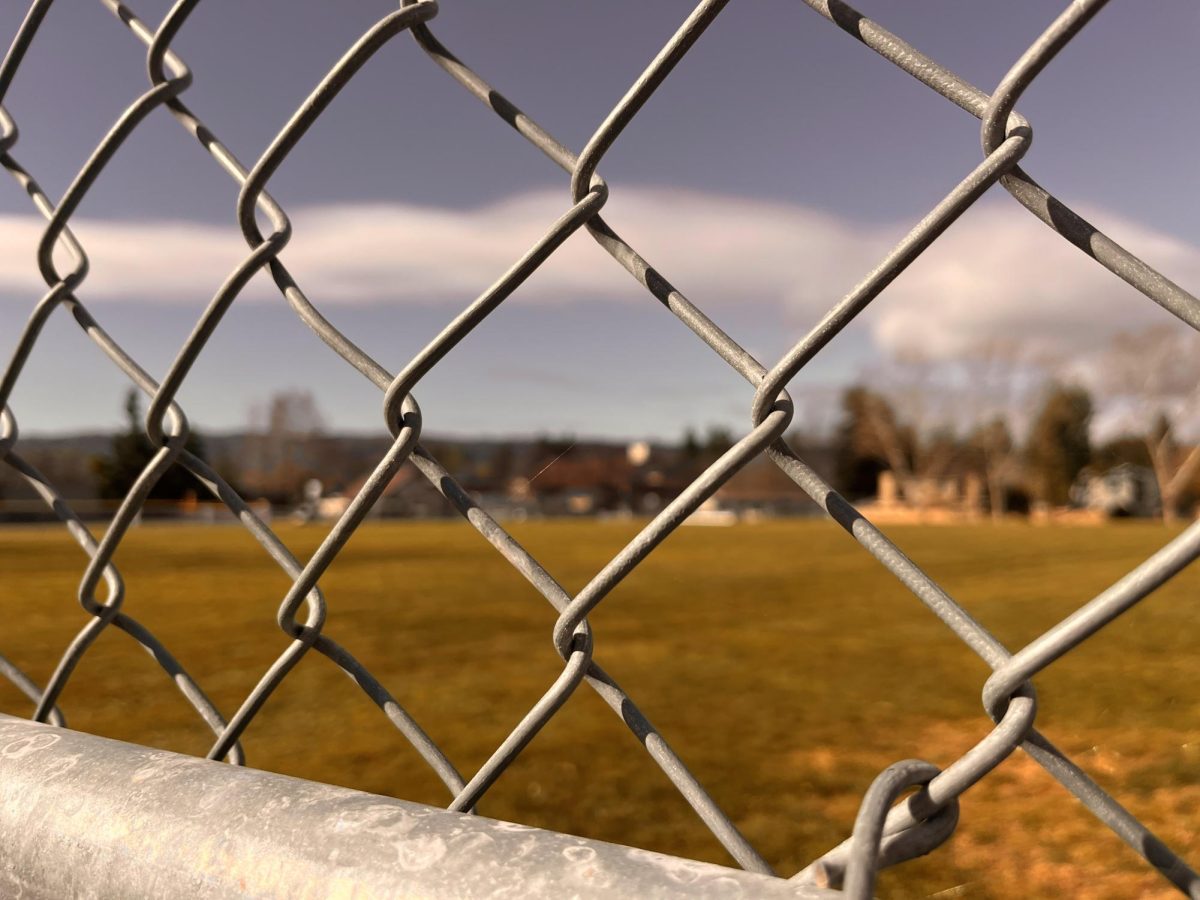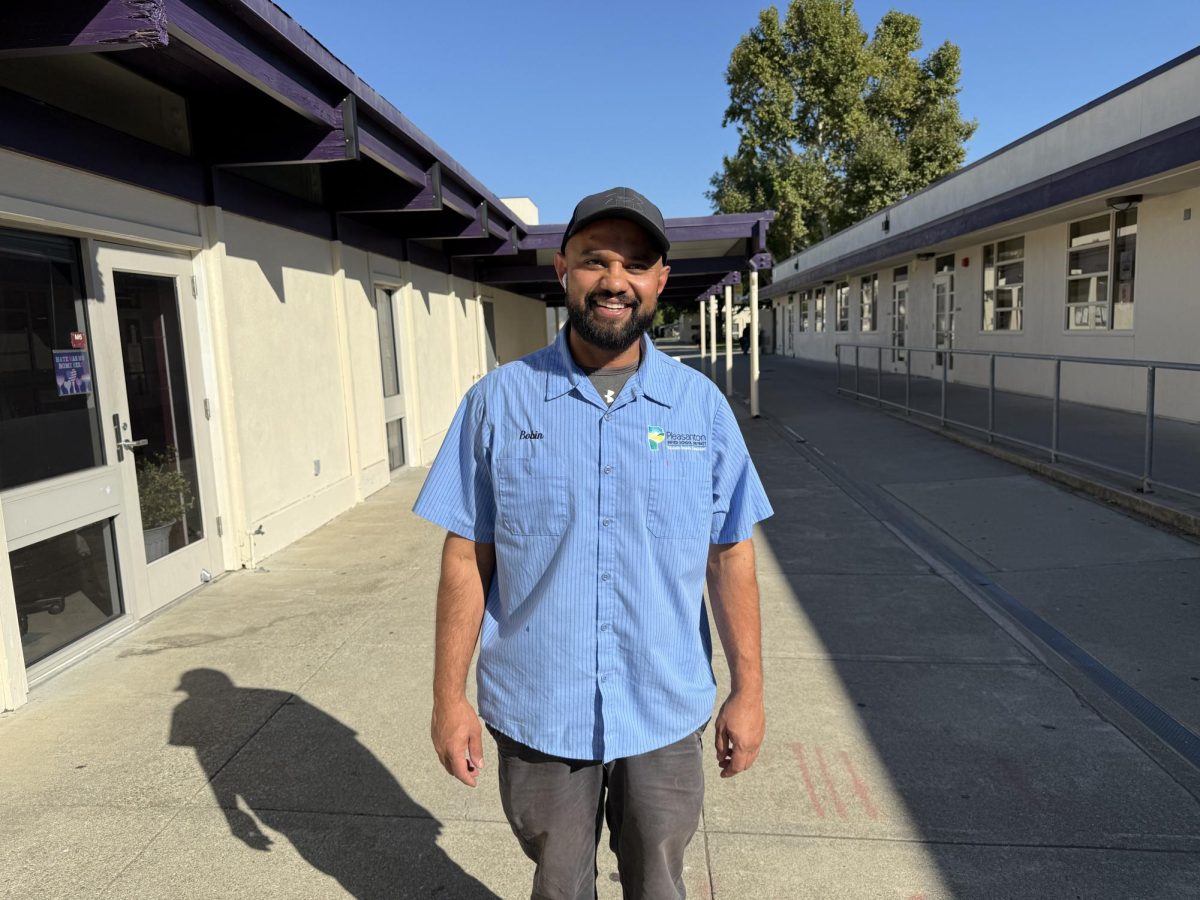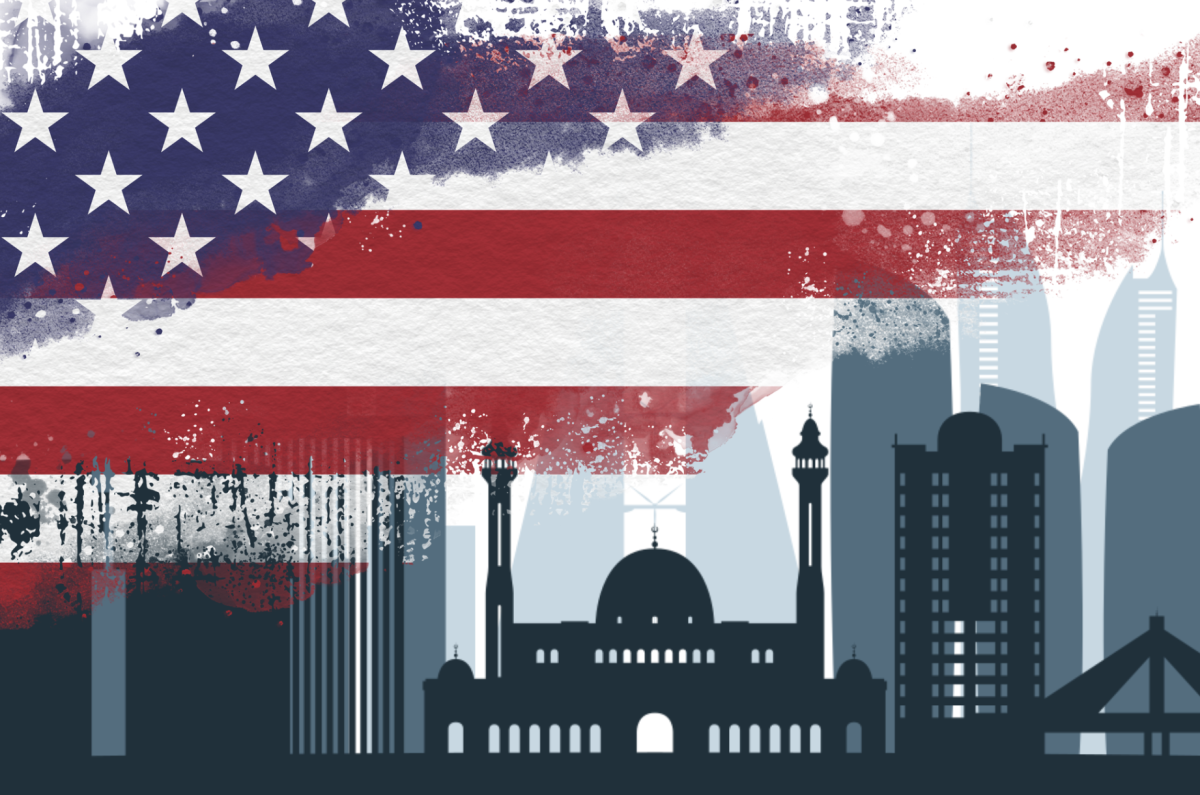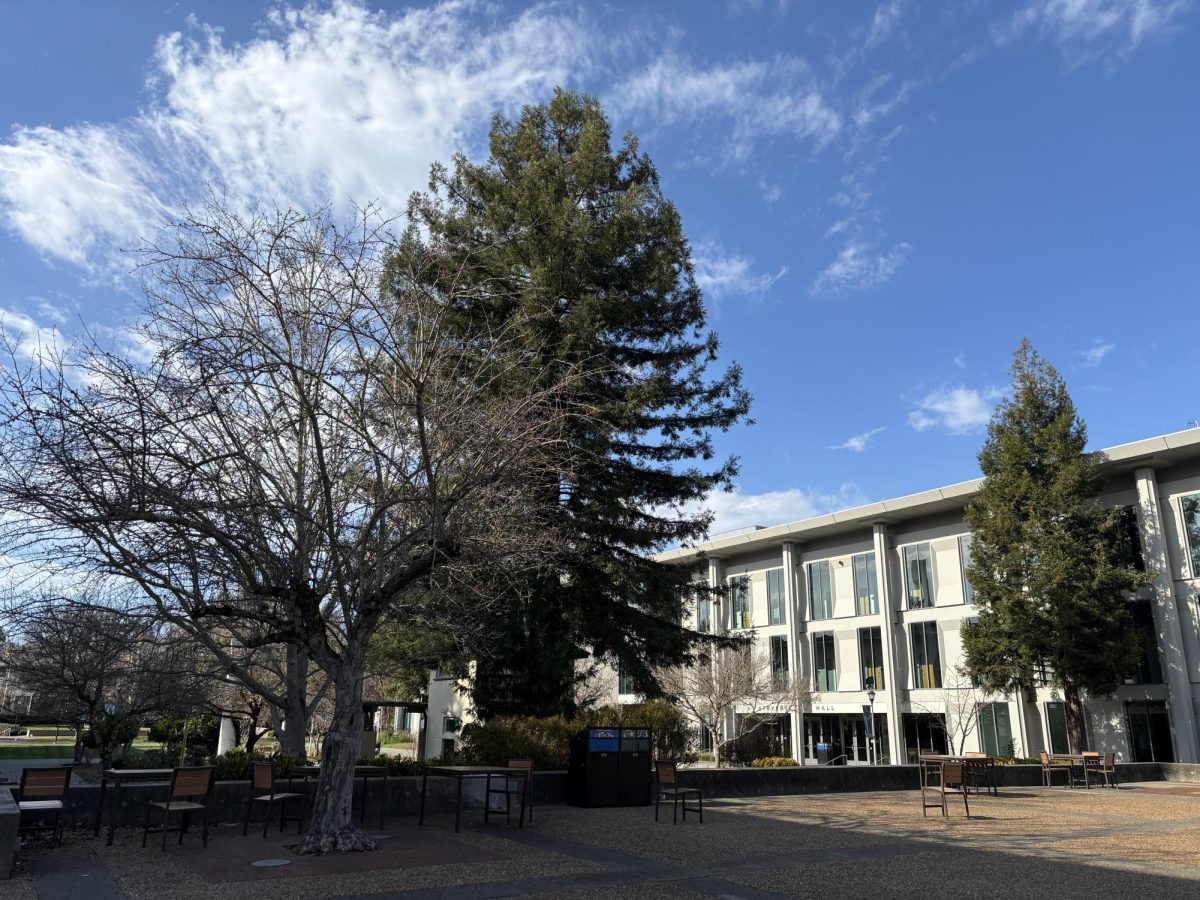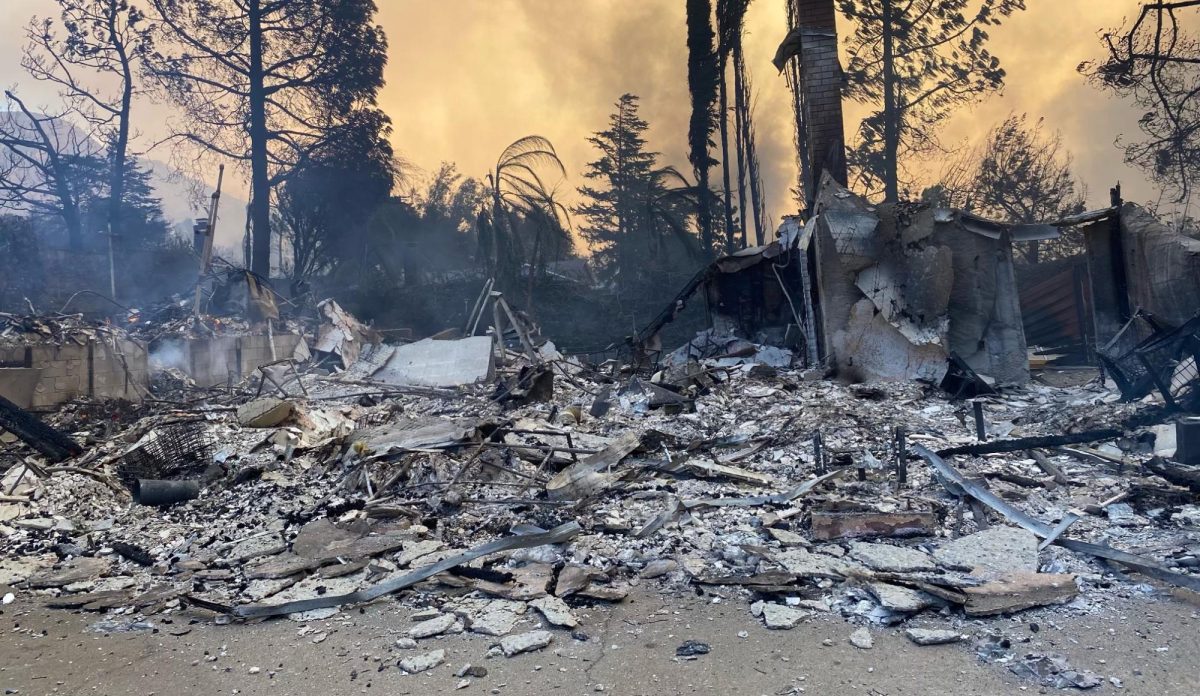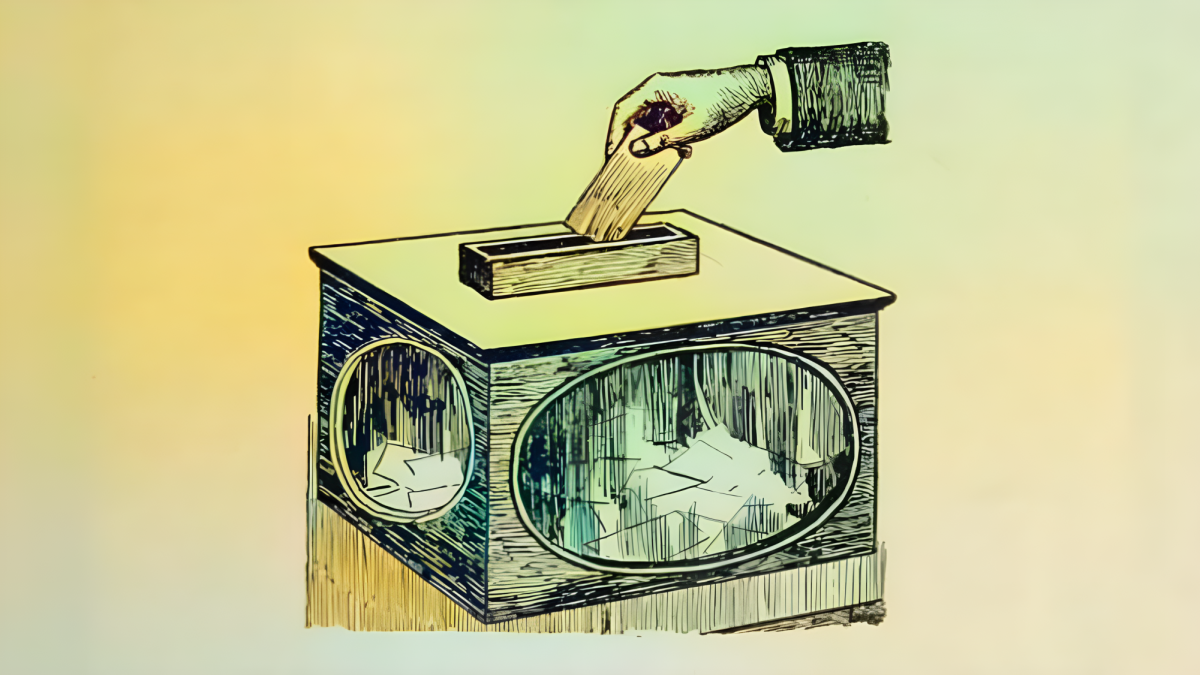Texas Governor Greg Abbott has mobilized the state militia in response to escalating border issues along the Texas-Mexico border. The decision was made with concerns over immigration security. As tensions run high, we take a detailed look at the implications behind this significant decision.
“Biden has violated his oath to faithfully execute immigration laws enacted by Congress,” said the Governor in a press release.
Following this statement, Abbott mobilized nearly 10,000 members of the National Guard. We interviewed AP Government teacher Samuel Weaver about this development, and the broader implications of a state challenging federal authority.
“I think Governor Abbott feels that he is best suited to handle immigration issues because it’s his state and he wants to protect his state,” said Weaver.
This crisis unfolds amidst the ongoing discussion and disagreement over immigration policy in the US. It involves considerations of border control, the legal status of immigrants, economic impacts, cultural integration, and national security.
“This is happening because southern states, specifically Texas, feel like the national government’s not doing enough to enforce border security. So, as a result, they’re taking matters into their own hands,” said Weaver.
This underscores a recurring pattern of states challenging federal policies, one that has existed since Hamilton and Jefferson debated the breadth of constitutional interpretation. Governor Abbott alludes to these debates to justify his mobilization of the militia.
“The biggest historical significance of this issue is it’s another example of states pushing back against the national government in terms of enforcement,” said Weaver.
The relationship between national and state governments in the USA often resembles a constant back-and-forth, akin to a tug of war, as each seeks to assert its authority while also respecting the principles of federalism.
“There’s a lot of historical context. You can go back to the 1830s and then also the Civil War, you have the integration of public schools after Brown versus Board of Education; there always has been this conflict between national government and state governments in enforcing the policy,” said Weaver.
In the last several administrations, there has been little change in the state of the immigration debate.
“Well, currently there’s not much border policy because, Congress is not passing immigration reform measures to try to do this. This is an ongoing issue for the past 20-plus years of Congress failing to pass meaningful legislation to fix the border,” said Weaver.
Amidst this tug of war, immigration policy serves as a poignant example of the delicate balance between national security and humanitarian concerns.
“It’s a delicate balance because you want to protect your nation, but at the same time there are other larger forces like economics that play a role in the need for migrant workers,” said Weaver.

